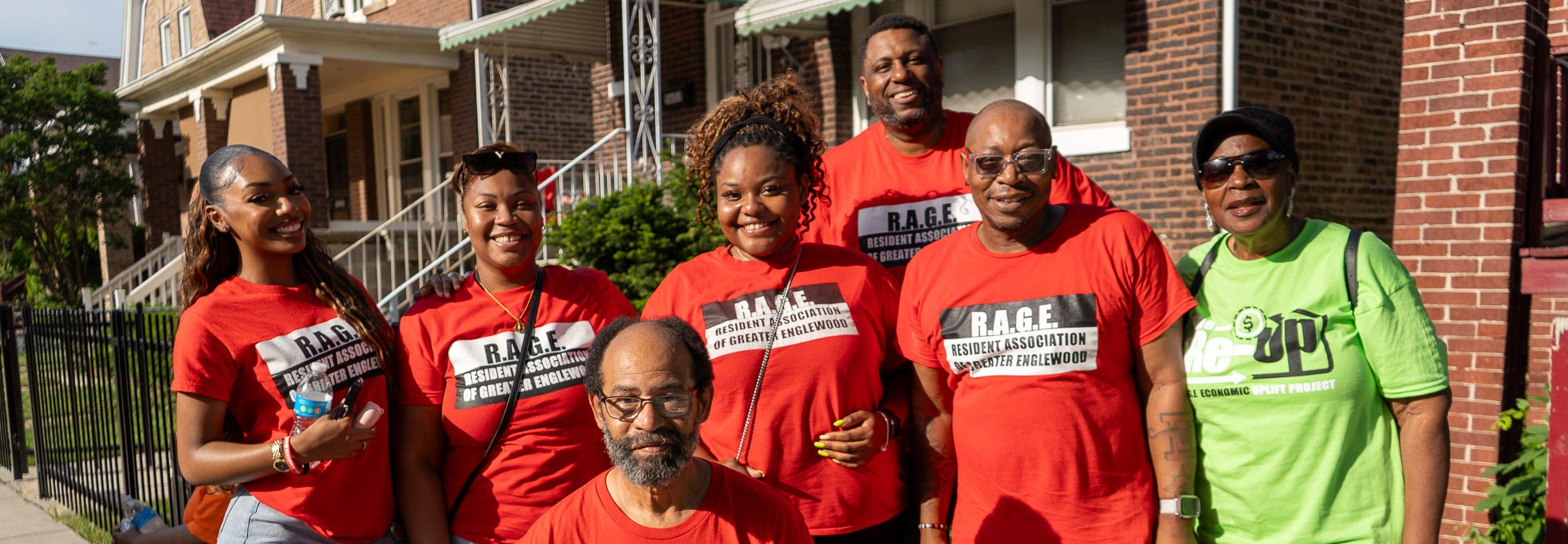Four Leaders for a New Chicago are building a more inclusive city by advancing disability leadership, racial equity, youth activism, and community development.
Many nonprofit leaders immerse themselves in work that is deeply personal and fulfilling, rooted in their own life experiences, and driven by a desire to create social change.
The daily grind can also be extremely demanding.
When those efforts are acknowledged through the Leaders for a New Chicago Award, it can feel like an “amazing gift,” said analía rodríguez, a 2019 recipient for their work at Latino Union of Chicago.
Now in its sixth year, the award recognizes a diverse array of effective leaders who are designing new and impactful approaches to civic discourse and action and bringing transformative change to their communities. The initiative aims to build a more inclusive Chicago by increasing the range of people represented in the civic sector and fostering the leaders’ ability to influence policies and practices.
A collaboration between the Field and MacArthur foundations, the Leaders for a New Chicago Award provides $25,000 of no-strings-attached support to the individual leader, $25,000 to their affiliated organization for general operations, and opportunities to engage in professional development and community events.
The awards are given after a selection committee, comprised of previous awardees and facilitated by Field staff, oversees a rigorous review of nominations and recommended recipients who reflect the diversity of Chicago residents and the complex issues they face.
Over the years, through the Leaders for a New Chicago Award, Field and MacArthur staff have built authentic connections, expanded awareness of the supported organizations, offered awardees insights into philanthropy, and—perhaps most importantly—fueled these leaders to create meaningful change. Four award recipients discuss how the award accelerated their efforts.
Emily Blum: Holding the Door Open
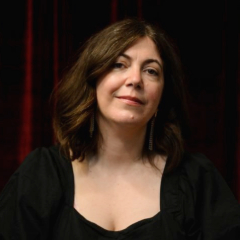
When Disability Lead received the award in 2022, Emily Blum saw it as a chance to amplify the work of others, too.
“There are a lot of leadership opportunities in Chicago that haven’t prioritized disability as a needed dimension of diversity, equity, and inclusion,” said Blum, who went on to serve on the program’s selection committee. “It’s very much been on my top of mind: ‘Who are we going to nominate? Who else is going to be awarded this?’ Leaders with diverse backgrounds, leaders with disabilities—they also need to be uplifted and celebrated as what makes our region great.”
Community uplift is central to Blum’s work at Disability Lead, which develops and strengthens a network of leaders with disabilities in Chicago.
“I liken it to an orchestra,” she said. “My whole life, I’ve known this tune…my disability. I stepped into a space where everybody knew the same song. We were able to harmonize, and it was just so profound.”
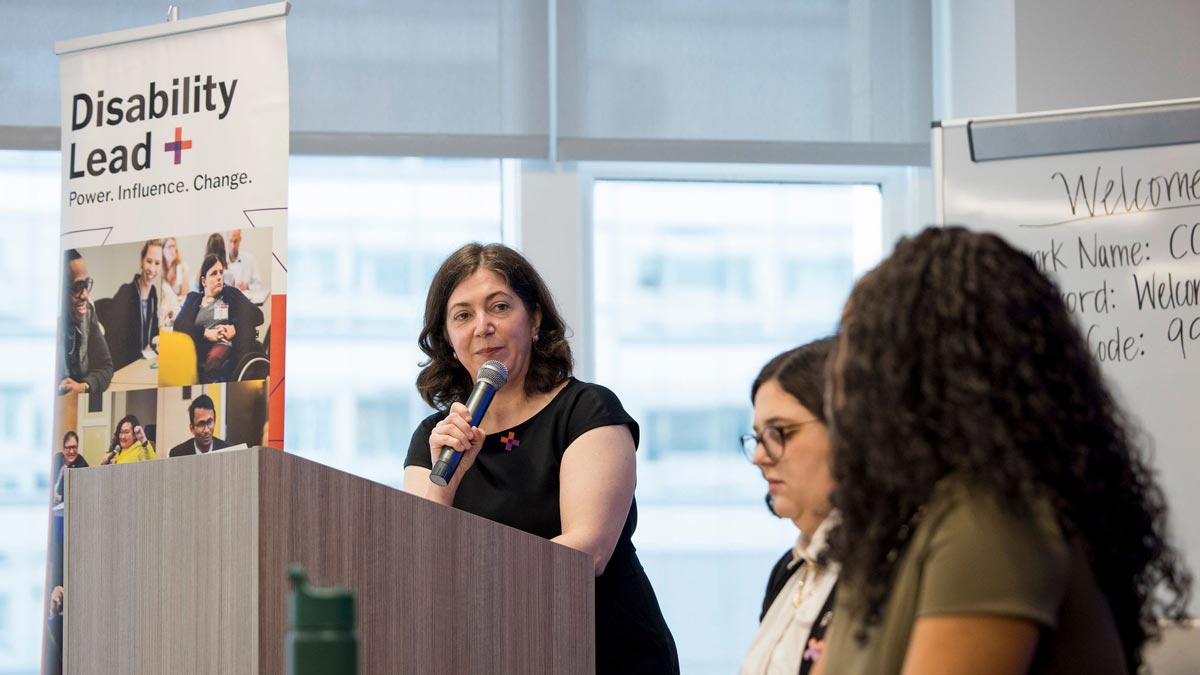
Emily Blum leads a panel at a Disability Lead event, where disabled leaders and allies come together to advocate for more equitable and inclusive communities and organizations. Credit: Eva Ho Photography
Blum has led Disability Lead as it scaled beyond traditional leadership development to concentrate more on addressing discrimination and enhancing organizing in all industries. As one of the only organization of its kind in the nation, Disability Lead is working to create similar networks in other cities.
“How do we create opportunities for people to not just survive, but to thrive?” Blum said. “I think that requires different kinds of leadership, and our organization is based off the idea that more leaders with disabilities need to be at tables of power and influence.”
Grace Pai: Organizing for Change
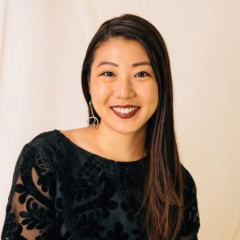
Leadership and personal development are also central to the work of Asian Americans Advancing Justice | Chicago, steered by 2021 awardee Grace Pai. Through grassroots organizing, the nonprofit empowers Asian Americans to enact structural change and work toward racial equity.
In recent years, Pai, as executive director, has played a key role in the passage of state legislative victories, including the Teaching Equitable Asian American Community History (TEAACH) Act. The law requires that all Illinois public schools include Asian American stories in teaching U.S. history and highlight Asian Americans’ role in advancing civil rights. She also worked to pass the Language Equity and Access Act, signed into law this year. It promotes language justice in accessing social services and creates more robust language requirements for all state agencies.
“Our government agencies should be able to meet the needs of community members whose first language is not English,” Pai said. “I really hope we can have a truly multilingual city and state, where language is not something that ‘others’ but connects us and where we value the differences in people’s lived experiences and backgrounds.”
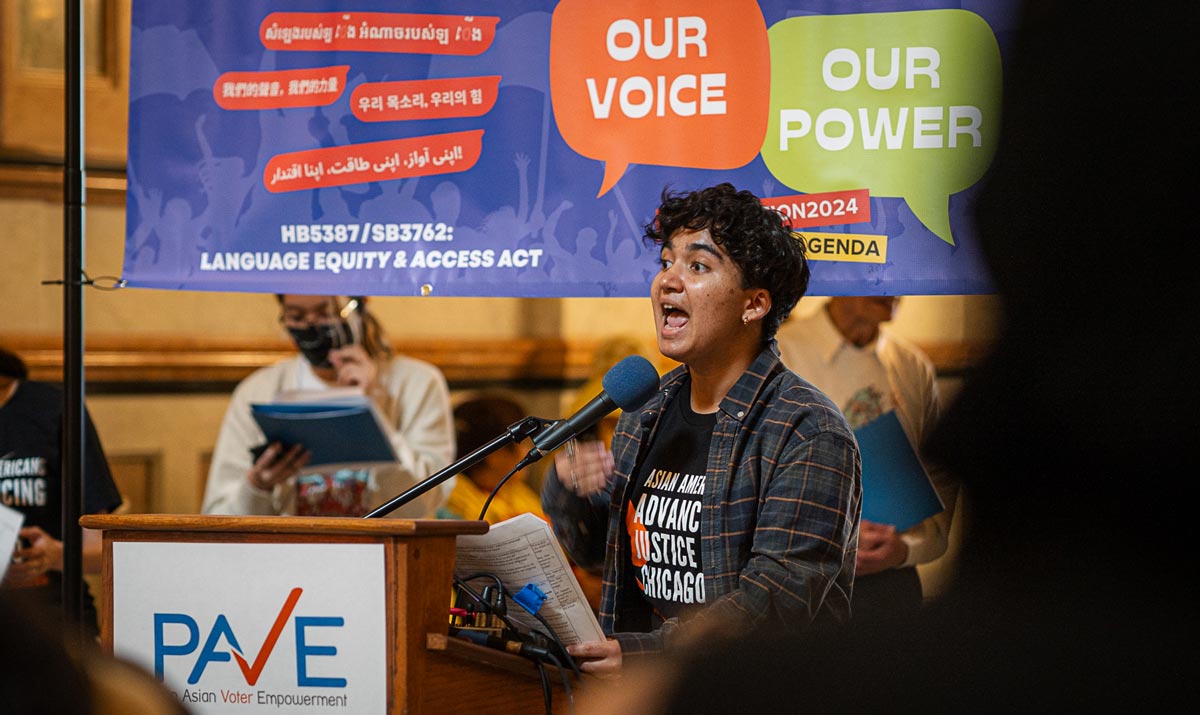
A member of Asian Americans Advancing Justice | Chicago joins fellow Pan-Asian Voter Empowerment Coalition members to advocate for the Illinois Language Equity and Access Act.
Asian Americans Advancing Justice | Chicago also invests in developing grassroots leaders striving for racial justice. Recognizing the importance of cultivating a diverse, multigenerational leadership base, the nonprofit is rebuilding its youth organizing and leadership programs for high school students.
“To be called into your own leadership, to challenge people’s assumptions of you, or to challenge your own assumptions about yourself, can be a really moving and impactful experience,” Pai said. “We want to support people in their leadership journey as individuals, and as part of a collective that is more powerful when we work together.”
Tony Alvarado-Rivera: Centering Young People
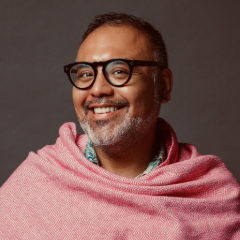
Supporting young people is critical to the Chicago Freedom School, led by Executive Director Tony Alvarado-Rivera, also a 2021 Leaders for a New Chicago awardee. Rooted in the tradition of Mississippi Freedom Schools from the Civil Rights Movement, the Chicago Freedom School is a community of people ages 14 to 24 who learn about social movement history, facilitate workshops with each other, and build social justice leadership skills.
Alvarado-Rivera said they often receive calls from people in other states who are building Freedom Schools. They have been working to document their practice so they can more easily share it with others.
“If you want to do it, this is how we’ve done it, rooted in these values and frameworks,” Alvarado-Rivera said, “and this is how the practice is, so that young people are cultivated and uplifted and have a place to build their skills.”
“Young people are cultivated and uplifted and have a place to build their skills.”
Established in 2007, the school’s initiatives include Project HealUs, centering reproductive justice, and the NorthStar Liberatory Training Collective, which helps people gain tools to develop holistic, trauma-informed practices in schools and youth programs.
As a youth worker and community organizer, Alvarado-Rivera strives to model the school’s values, including anti-oppression practices and healing and transformative justice. Their discussions with youth include conversations on boundary setting, power dynamics, and how both can change when you become a program leader.
“Young folks are always watching, always observing,” they said. “I want them to be able to say, ‘I see how Tony uses their frameworks, how Tony talks to us,’ so that we can stop replicating harmful models of leadership.”
Asiaha Butler: Amplifying Community Voices
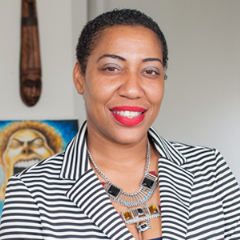
Asiaha Butler has met many residents in Chicago’s Englewood neighborhood, where she has lived and served as a volunteer for much of her life. She noticed that many were excluded from city planning decisions. That led Butler, a 2020 awardee, to establish the Resident Association of Greater Englewood (R.A.G.E.).
“Instead of constantly going to the table of people from outside the community, we said we needed to build a table inside the community," Butler said.
A “solution-based,” grassroots organization, R.A.G.E. has spearheaded several neighborhood development projects, including the Large Lot Program as part of the Green Healthy Neighborhood Plan. After determining that more than 5,000 lots were vacant in the community, R.A.G.E recommended to the City of Chicago that residents be allowed to purchase each lot for $1 to encourage collaborative decision-making and investment.
“Instead of constantly going to the table of people from outside the community, we said we needed to build a table inside the community.”
“It was a great co-working relationship with urban planners, with the government, with the community—and residents were at the forefront,” Butler said. “People have created peaceful oases on their blocks. I was really proud that not only was I able to stabilize my own block, but I was able to navigate and help other residents and homeowners do the same.”
Since its founding in 2010, R.A.G.E. also has led initiatives related to employment, local elections, housing, and economic justice. R.A.G.E. is also a founding partner in Go Green on Racine, which promotes economic development and revitalization in Englewood.
“It’s been such a beautiful journey to build, first, a culture—things that people couldn’t really see but could feel,” she said. “Now we’re moving to the actual, tangible projects—things people can see, touch, and feel. The pace is…slow, steady, strategic. The work is so rewarding, and I would not change it for the world.”
Since the Leaders for a New Chicago Award launched in 2019, MacArthur has committed a total of $4.2 million through 2024 to the Field Foundation to support the initiative, award recipients, and their affiliated organizations.



